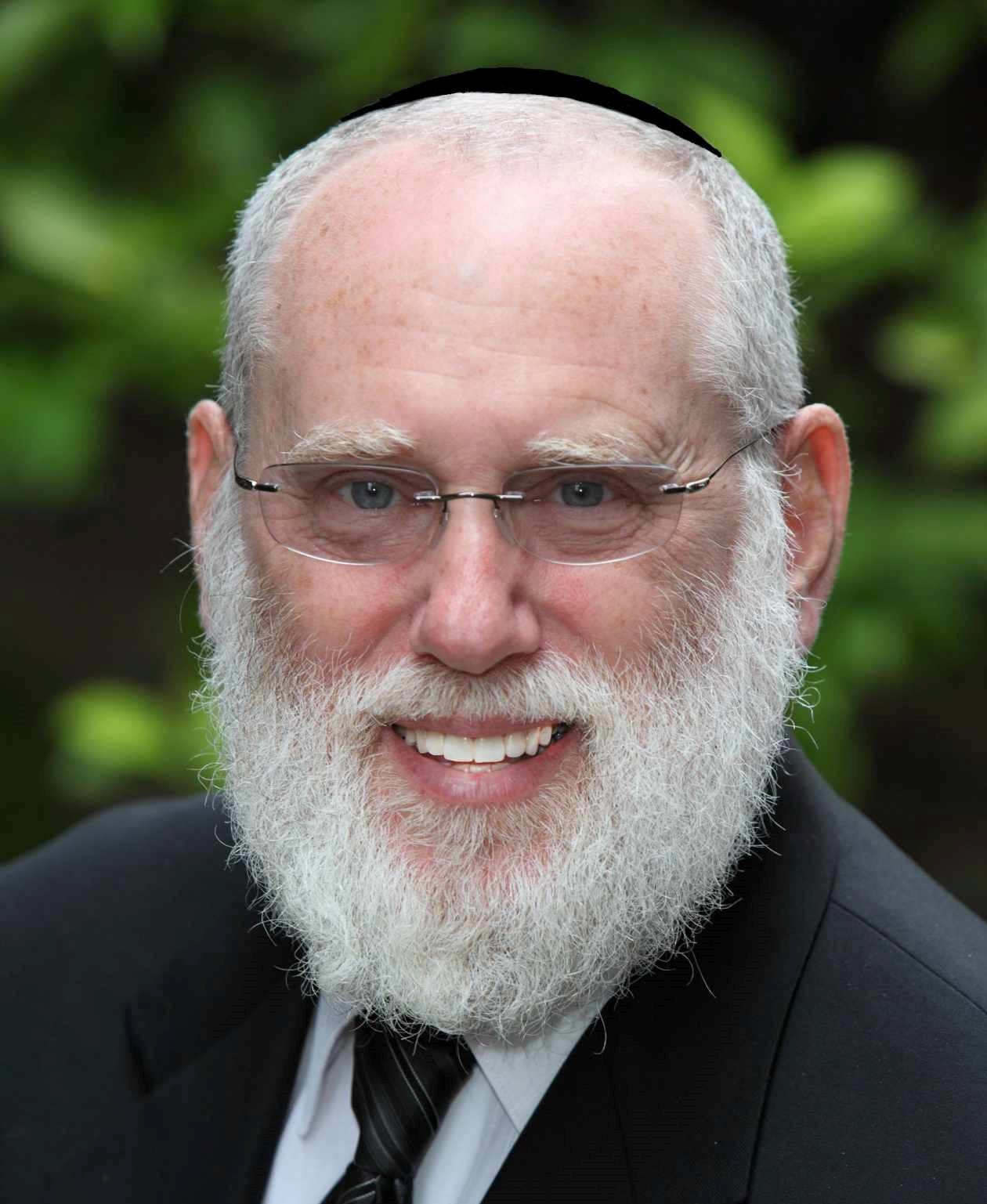Rabbi Bentzion Kravitz: Bringing Jews Back to Judaism

By Kylie Ora Lobell - The Jewish Journal
https://jewishjournal.com/community/345110/rabbi-bentzion-kravitz-bringing-jews-back-to-judaism/
When Rabbi Bentzion Kravitz was an undergrad at the University of Texas, two football players stopped by his dorm room. Kravitz asked him why they were there, and they told him they were working for a group called Athletes in Action. It sounded innocent enough, until he kept questioning them. It turned out that Athletes in Action was part of Campus Crusade for Christ, and they were there to try to convert him to Christianity.
Over the next five hours, Kravitz listened to what the football players had to say. “I was perplexed by their arguments and I didn’t know the answers to their questions,” he said.
Though the experience was jarring, it inspired him to dedicate himself to the Jewish community. In 1977, Kravitz began working with the late Rabbi Shlomo Schwartz, also known as Schwartzie, doing Jewish outreach at schools like UCLA, California State University, Northridge, USC and Los Angeles Valley College.
“It was through [my experience] that I decided to become a rabbi,” he said. “I went to a yeshiva to study more in-depth. Rabbi Lord Jonathan Sacks said he was very moved by the leadership and the vision of the Lubavitcher Rebbe. I was also very touched by that.”
Kravitz earned his degree from the Rabbinical College of America, became a rabbi and started Jews for Judaism, which works to prevent Jews from leaving their religion and instead connect or reconnect with it.
“WE WEREN’T JEWS AGAINST CHRISTIANITY, WE WERE JEWS FOR JUDAISM.”
“The Jews for Jesus program was so well known and disliked by people, the name Jews for Judaism seemed like a great alternative,” he said. “We weren’t Jews against Christianity, we were Jews for Judaism.”
Kravitz founded his organization at a time when Jews for Jesus was popular on college campuses, and Jews were being persuaded to leave their religion and heritage behind.
“A lot of students and parents were contacting us because they were being inundated with and confused by the Jews for Jesus movement,” he said. “There were churches following that model of telling people they could be Jewish and Christian simultaneously.”
Through his organization, Kravitz gives community lectures, provides counseling, runs teen workshops and hands out booklets that explain the fundamental Jewish beliefs on atonement, sin and sacrifices. The rabbi also lectures all around the world, including places like Israel, South Africa, Australia and the United Kingdom.
He’s helped countless Jews return to their faith along the way. One time, a young woman approached Kravitz’s table at a college campus and looked at the different items he had.
“I asked her what her name was and it sounded Jewish,” he said. “She told me she was a Messianic Jew. I said ‘So am I.’ She said, ‘Pre or post?’ I said ‘Pre,’ and she said, ‘I’m post. Jesus is the messiah and he already came.’”
From there, Kravitz and this young woman talked for over three hours. He invited her to his home for Shabbat, and she started asking questions and wanting explanations.
“I was very patient with her,” he said. “Over a period of three to four months of meeting with her every week and studying with her, she recognized she’d made an uninformed decision. Today, she’s living a committed Jewish lifestyle.”
Kravitz strives to show the beauty of Judaism to others because of the impact his faith has had on his life. Along with his Jews for Judaism work, he also trains people in martial arts and self-defense. Two years ago, right before COVID hit, he was doing martial arts with a former U.S. Navy SEAL. The SEAL accidentally kicked Kravitz on his right thigh, and Kravitz developed what he thought was a bruise. But when he got it checked out, his doctor told him he had a tumor. He went through seven weeks of radiation and came out on the other side with more trust in God than ever.
“It was a really great opportunity for me to learn more about the concept of ‘bitachon,’ which translates as ‘trust,’” he said. “It gave me a perspective on this disease that allowed me to offer spiritual support and guidance to other people.”
With his role as a self-defense instructor – as well as a rabbi with hard life experiences– he’s hoping to bring even more Jews back to Judaism.
“I’m trying to strengthen people to make them strong,” he said. “I want to strengthen Jews inside and out.”
Fast Takes With Bentzion Kravitz
Jewish Journal: How long have you been doing martial arts?
Bentzion Kravitz: Since I was 12. I’m 67.
JJ: I know that you like to scuba dive. Where do you do it?
BK: The best dive I ever did was in Hawaii with 15 manta rays. I also scuba-dived in Belize, Costa Rica, Israel, and South Africa.
JJ: What’s your favorite Jewish food?
BK: A really good quality falafel or pargiot.
JJ: Where is your favorite place to travel?
BK: Israel, and any place I can be with family and friends.
© 2022 Jewish Journal https://jewishjournal.com/comm...